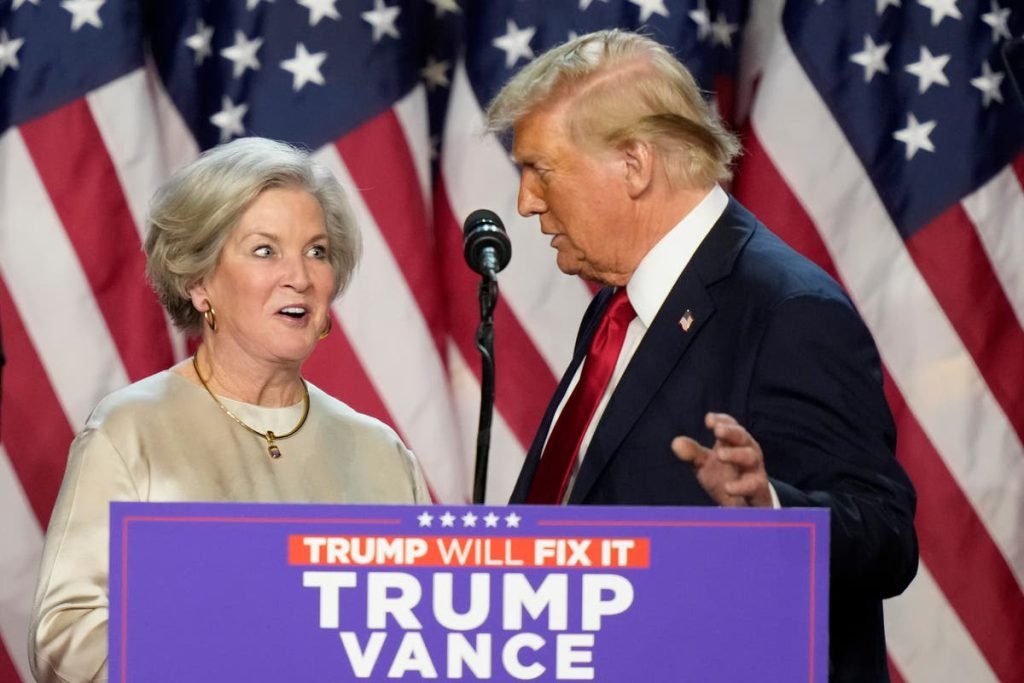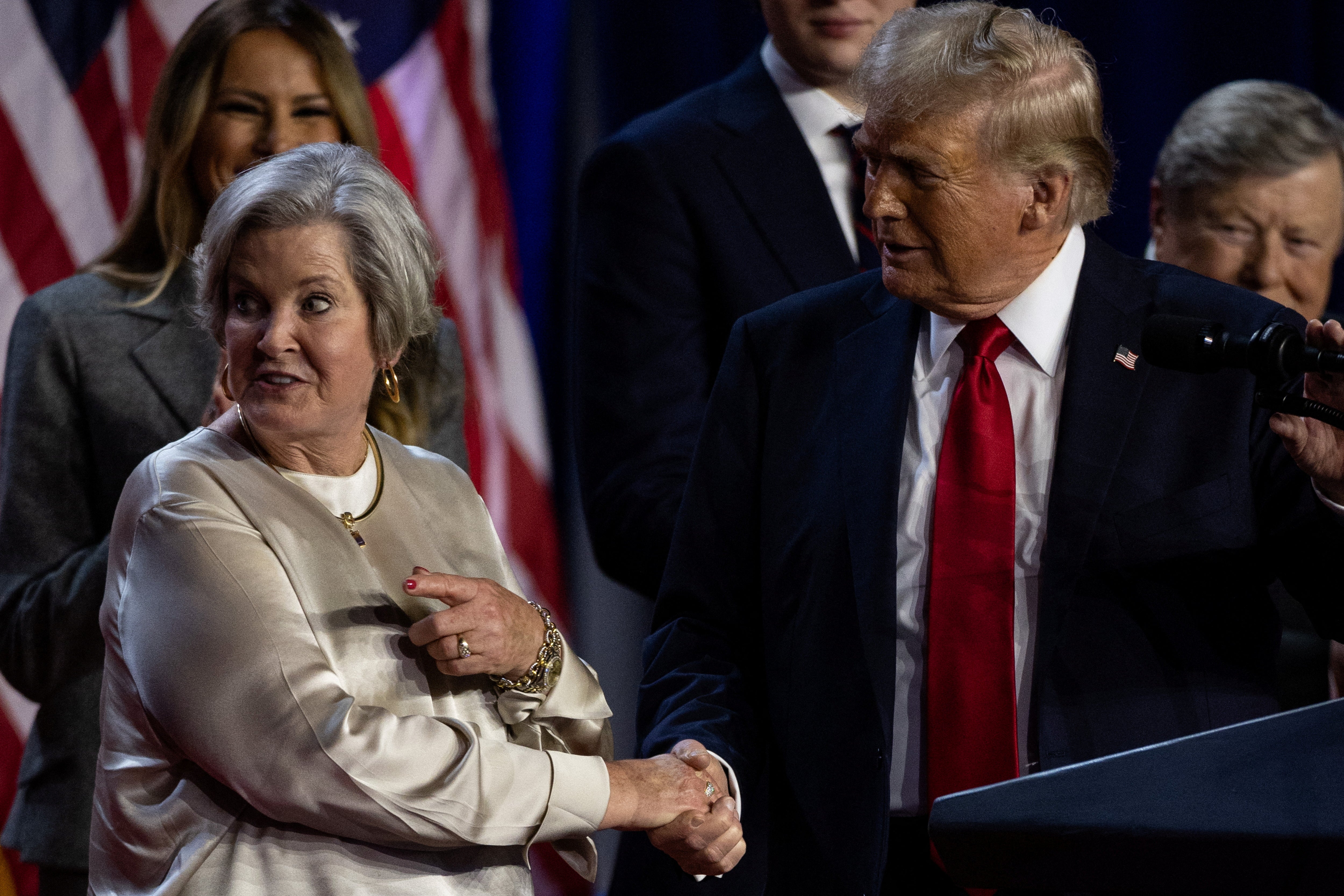
Susie Wiles, the newly appointed chief of staff to the second Trump White House, reportedly made a series of demands before she would accept the high-profile role in the president-elect’s upcoming administration.
Wiles, 66, described by Mr Trump himself as the “ice maiden” and considered to be one of the most significant influences on his third campaign, was appointed to the top job on Thursday.
The chief of staff is, historically, the first appointee named by the president-elect and is charged with overseeing all policy and day-to-day White House affairs.
But, according to a source close to both Wiles and Mr Trump, the former campaign manager had sought assurances from the president-elect prior to taking the role.
The source said that Wiles wanted confirmation that she would have more authority than her predecessors in controlling access to the Oval Office, before accepting the job.
Mr Trump’s first term was marked by a slew of “informal advisors”, including family, friends and other external voices, exacerbating his tendency to listen to the last person he spoke with.
“The clown car can’t come into the White House at will,” the source told CNN. “And he agrees with her.”

With the presence of individuals such as billionaire Elon Musk and UFC boss Dana White, who may not be taking official roles within the Trump administration, Wiles’ demands may prove to be sensible.
Announcing her appointment on Thursday, Mr Trump described Wiles as “tough, smart, innovative” and an individual who was “universally admired and respected.” “Susie will continue to work tirelessly to Make America Great Again,” he said in a statement.
“It is a well-deserved honour to have Susie as the first-ever female chief of staff in United States history. I have no doubt that she will make our country proud.”
The president-elect has long valued Wiles as a powerful behind-the-scenes operator. In his victory speech in Florida in the early hours of Wednesday, Trump mentioned her previously little-known name seven times.
“Susie likes to stay in the back, let me tell you. We call her the ice maiden,” he joked, adding: “She is not in the background [anymore].”

Along with Chris LaCivita, Wiles was widely credited for running what was seen as Mr Trump’s most sophisticated and disciplined campaign yet, which included keeping many of the fringe voices in his orbit at bay.
She has worked in Republican politics since the late 1970s and went on to become a campaign scheduler on Ronald Reagan’s 1980 presidential bid, and later in his administration.
Later, while living in Florida, she ran Mr Trump’s Florida operations in his first bid to become president. Many attribute him winning the state by 1.2 percentage points over his rival Hillary Clinton to Wiles.
Opting to stay in Florida, she also helped lead Ron DeSantis’s 2018 campaign for Florida governor, before a falling out that prompted DeSantis to successfully lobby the Trump team to fire her.

Speculation over the cause of the breakdown ranges from Wiles taking “too much credit” for DeSantis’s victory and speaking “too freely” to reporters. Wiles was subsequently brought back for the 2020 campaign in Florida.
Trump’s reported willingness to acquiesce to Wiles’s demands is an indicator of his trust in her for a role which historically has had a short shelf life.
The last Trump administration saw four people appointed to the position of chief of staff: former Republican national committee chair Reince Priebus, General John Kelly, former South Carolina representative Mick Mulvaney and former North Carolina representative Mark Meadows.
Meadows is now facing criminal charges in two states – Arizona and Georgia – for his efforts to overturn election results in 2020, while Kelly – Trump’s longest-serving chief – has become an outspoken critic of the president-elect, warning shortly before election day that he fulfilled the criteria of being a “fascist”.






